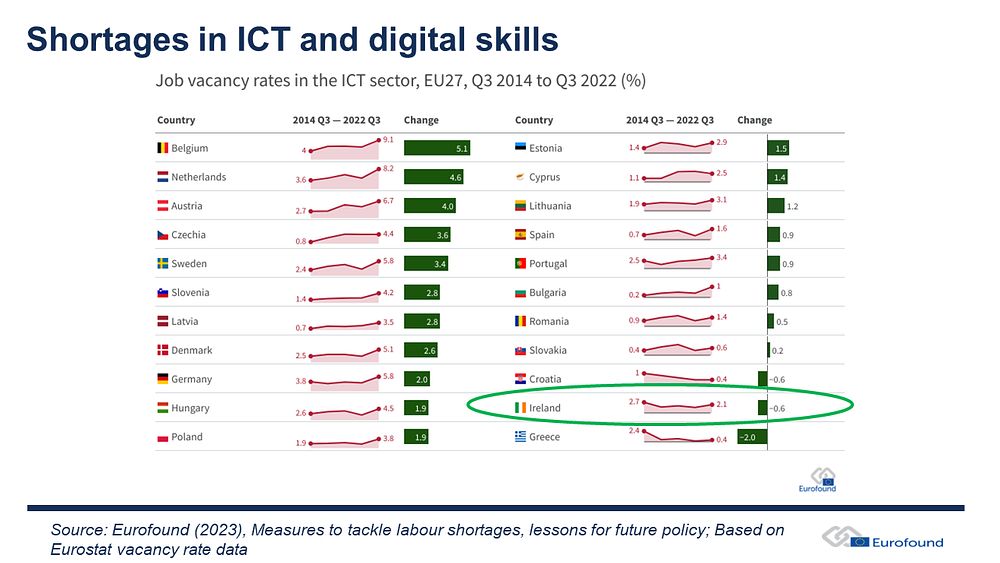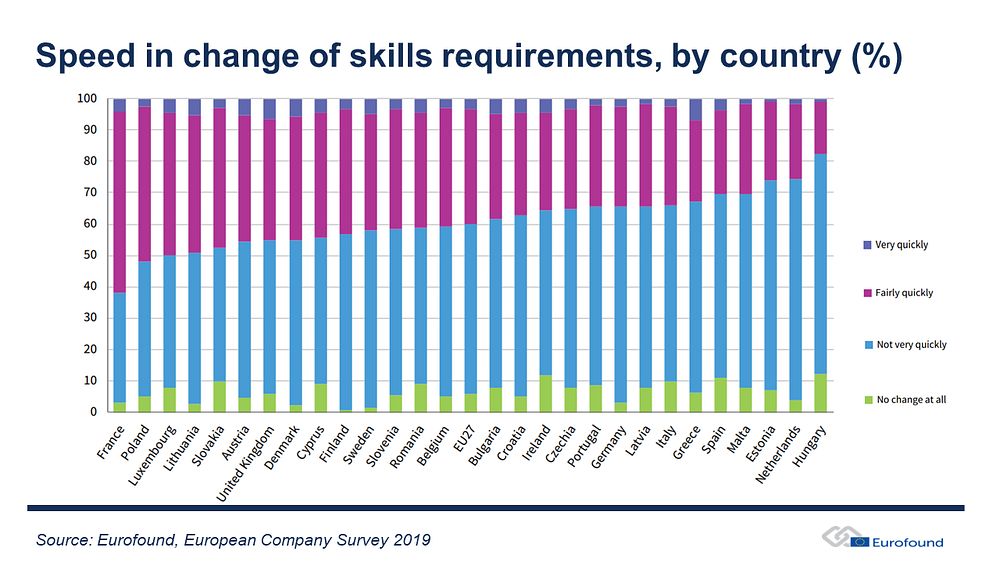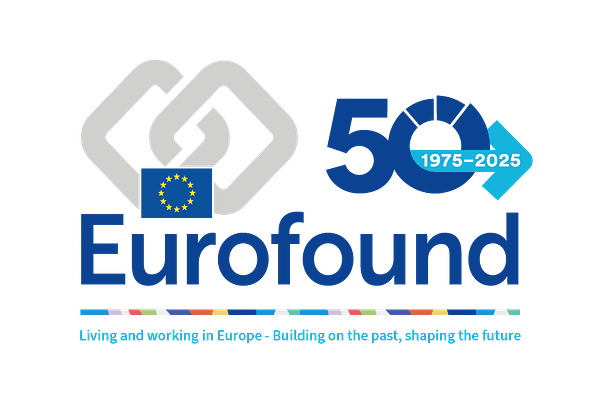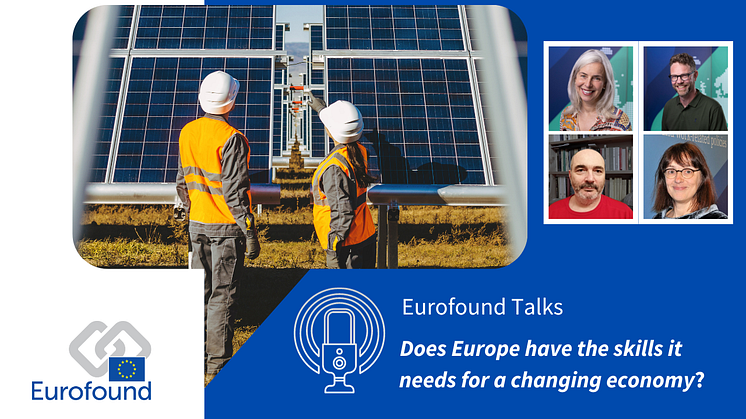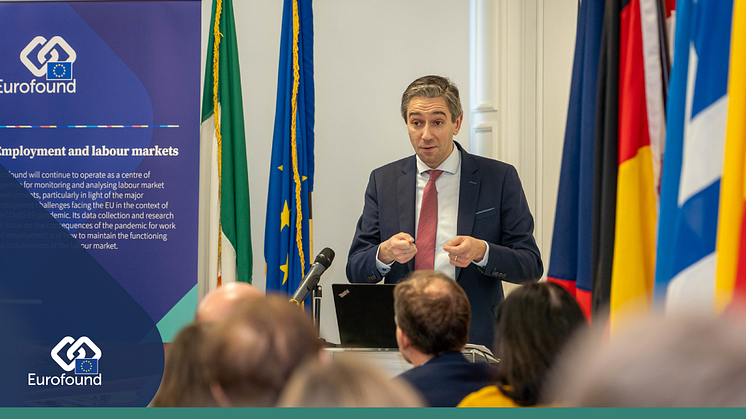
Press release -
European Year of Skills: Putting skills at the top of the agenda in Ireland and the EU
Ireland performs well regarding its human capital, as the share of people with basic digital skills and digital content creation skills, as well as the share of ICT specialists, including female ICT specialists, is above the EU average. Yet “difficulties in finding employees with the right skills” is by far the biggest problem for SMEs both in Ireland and in the EU. Over half of Irish SMEs have found it difficult to find and hire staff with the right skills over the past 24 months.
How to address this skills gap in Ireland was at the centre of a ‘Skills for Jobs’ seminar and panel discussion organised by the European Commission Representation in Ireland and Eurofound, the European Foundation for the Improvement of Living and Working Conditions, which took place at Europe House in Dublin today.
Under the banner of the European Year of Skills, this event brought together key stakeholders to discuss Europe’s skills and labour shortages, trends across public and private sectors, and how to identify and address the challenges that Ireland and other EU countries currently face.
Participants included Irish and EU policymakers, social partners, civil society, and national government representatives.
The Head of the European Commission Representation in Ireland, Barbara Nolan, introduced the European Year of Skills, which was announced by President of the European Commission, Ursula von der Leyen, in her 2022 State of the Union Speech. The Commission’s priority is to promote the development and competitiveness of the EU's workforce, with a specific focus on digital skills.
‘The rapid shift towards a climate neutral Europe and the digital transformation are changing the way we work, learn, and lead our everyday lives. There is a clear need for employers and workers to adapt to evolving skill needs in order to grasp the opportunities presented by the green and digital transitions. The Commission is delighted to work with all partners and stakeholders in promoting skills development and improving opportunities for everyone, which in turn will boost our workforce and enable Europe to become more competitive’, Barbara Nolan said.
The Minister for Further and Higher Education, Research, Innovation and Science, Simon Harris T.D, delivered the opening address and presented Ireland’s skills strategy and the Government’s response to skills gaps, labour shortages, and how it is adapting to the ever-evolving needs of employers.
“Ireland is built on its international reputation and profile as an innovative, agile and high-performing economy. However, our economy faces serious skills shortages. This issue is most stark in the areas of construction, digital skills and green skills. This Government is committed to addressing these and has been working to introduce a series of new policies with record investment in apprenticeships and a new scheme aimed at incentivising employees access education while in employment. Skills are not just critical for individuals. They are critical our economy, critical for our societal well-being, and they are critical for our future”, Minister Simon Harris said.
Eurofound, the EU agency providing knowledge to assist in the development of better social, employment and work-related policies, introduced their latest research findings on skills.
Addressing the audience, Ivailo Kalfin, Executive Director of Eurofound said;
‘Eurofound research shows that many countries have taken steps to address these issues through stronger labour market policies and education and training measures focused on the skills and occupations demanded in the labour market. However, to fill the employment gaps there are two sides: jobs need to be attractive and job seekers must be skilled. Hence, job quality needs to be addressed – wages, working conditions, non-discrimination, affordable public services.’
An expert panel including Paul Healy, Chief Executive of Skillnet Ireland, Emma Kinsella, Head of Skills Policy at DFHERIS, Meadhbh Costello from Ibec, and Tony Fitzpatrick, INMO discussed how they work with companies to identify skills deficiencies and design training initiatives that are necessary and useful.
The European Year of Skills draws to a close in May 2024 but skills will remain very much at the top of the agenda for the EU and Ireland.
END
Note to editors:
European Commission President von der Leyen outlined in her 2023 State of the Union speech that one of the major economic challenges for the EU in the year ahead is skills and labour shortages. Europe is facing simultaneous shifts in the economic and technological landscapes, with greening and digitalisation – the twin transitions. At the heart of these transformations lie skills. With unemployment at historically low levels and vacancy rates and labour shortages at their highest, combined with the EU’s ageing population which will see the EU’s workforce shrink by 1m working age people each year between now and 2050, skills are recognised as being of key strategic relevance to achieving a sustainable Europe. Skills is now at the top of EU and national political agendas.
This emphasis on skills is not just about innovation and keeping up with change but also about employability and job security, promoting social inclusion and reducing inequalities. The European Year of Skills can help to raise awareness about skills. EU and national policymakers, employers, and other relevant stakeholders such as sectoral organisations and social partners have a critical role to play in promoting, stimulating, and facilitating individuals’ possibilities for re- and up-skilling to meet employers’ skills demands.
European Year of Skills website https://year-of-skills.europa.eu/index_en
According to a Eurobarometer surveypublished on 14 November, “difficulties in finding employees with the right skills” is by far the biggest problem for SMEs both in Ireland and in the EU. 50% of Irish SMEs and 54% of EU SMEs cite this is the most serious problem they encounter, far ahead of issues like “regulatory obstacles” or “access to finance”. Over half of Irish SMEs have found it difficult to find and hire staff with the right skills over the past 24 months.
Data from Eurofound’s 2019 European Company Survey, show that 77% of European establishments have difficulties in finding candidates with the required skills for available positions. Moreover, 36% of European establishments faced great difficulties in recruiting job-ready candidates in 2019, with the highest shares in Romania (52%) and Bulgaria (50%) and the lowest in Denmark (16%) and Finland (23%) (Eurofound, 2022a)
- Skill and training https://www.eurofound.europa.eu/en/topic/skills-and-training
- Job quality https://www.eurofound.europa.eu/en/topic/job-quality
- Data explorer all surveys https://www.eurofound.europa.eu/en/data
- European Company Survey https://www.eurofound.europa.eu/en/surveys/european-company-surveys-ecs
- European Company Survey Data explorer: https://www.eurofound.europa.eu/en/data-catalogue/european-company-survey
DATA BELOW:
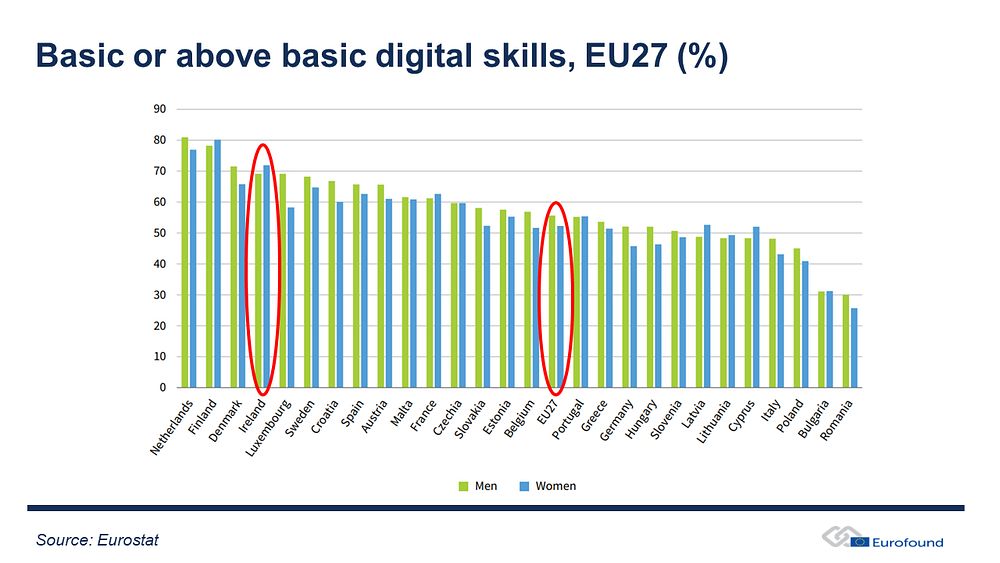
In the ICT sector, the main driver of shortages relates to a lack of foresight and poor matching of skills supply and demand. The low representation of women is an additional contributing factor. In 2022, 6% of European enterprises had hard-to-fill vacancies for jobs requiring ICT specialist skills, 3.4 percentage points more than in 2014. As a result, measures tend to focus on raising awareness of relevant careers, providing female role models and delivering training to girls and women. Some initiatives aimed at migrant and other vulnerable groups of women also include supporting measures to allow women to access the labour market – for example childcare support.
